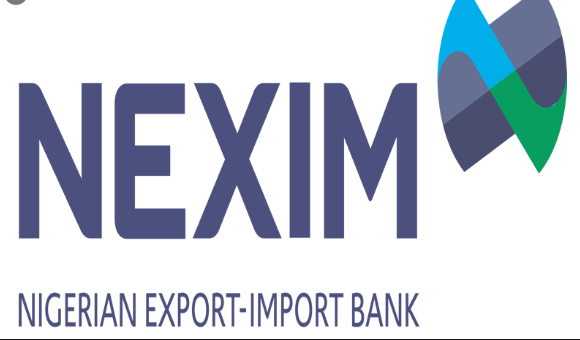The Managing Director and Chief Executive Officer of the Nigerian Export-Import Bank (NEXIM Bank), Abba Bello, has described the South-South region as an emerging strategic hub for export diversification, citing its access to vital infrastructure such as ports and its proximity to major export corridors.
Bello made this assertion on Wednesday during the opening session of the NEXIM SME Export Finance Sensitisation Forum in Benin City, Edo State.
He noted that the region’s growing industrial capacity and diverse natural resources position it as a powerhouse for Nigeria’s non-oil exports.
According to him, “From successful agro-processing clusters in oil palm, cassava, cocoa, rubber and solid minerals projects in Edo, Delta, Akwa Ibom and Cross River, to the success recorded in petro-chemical industries in Rivers, the region offers immense potential for trade.
“Its industrial hubs are home to MSMEs along value chains that are producing high-quality food products, chemicals, building materials and servicing oil companies, and providing the products and services that will shape Nigeria’s non-oil export future.
“We firmly believe that with improved access to finance, robust infrastructure, and effective trade facilitation, the South-South region will continue to be a strong contributor to Nigeria’s non-oil export growth,” he affirmed.
Represented by Mr Flaring Tianiyu, Bello emphasised the critical role of Micro, Small and Medium Enterprises (MSMEs) in driving economic growth. “In Nigeria, there are over 41 million MSMEs, which account for about 96.9% of registered businesses, contributing nearly 48% to GDP, while employing approximately 87.9% of our labour force,” he noted.
Despite their significance, he observed that MSMEs in Nigeria face numerous challenges, including limited access to affordable financing, inadequate infrastructure, poor market access, and skill deficiencies—factors that often prevent many from surviving beyond their first five years.
He said this was one of the reasons NEXIM Bank, in partnership with GIZ, launched initiatives such as the EXCEL Programme to tackle these issues.
Explaining the objectives of the initiative, Bello stated, “The EXCEL Programme is designed to identify, strengthen, and finance export-ready MSMEs across the country, by leveraging digital tools, providing targeted training, and enhancing financial inclusion strategies.
“The EXCEL Programme enables small businesses to scale up their operations, improve quality standards, and trade seamlessly within regional and international markets.
“This initiative falls within the NEXIM Bank’s mandate of promoting diversified, non-oil exports, through inclusive financing models that empower women, youth, and small businesses to participate effectively in trade,” he said.
Bello noted that the sensitisation forum was aimed at deepening NEXIM Bank’s efforts to improve market access and credit availability for Nigerian MSMEs, as part of the broader goal of ensuring sustainable growth and export diversification.
He added, “Through programmes like EXCEL, NEXIM aims to identify these value chains, strengthen MSME clusters, and support enterprises to move from primary production to value-added manufacturing for export, in line with its export philosophy known as PAVE (Produce, Add Value and Export).”
The NEXIM Bank boss further highlighted other tailored financing solutions designed to boost small business participation in exports. He mentioned the Small and Medium Enterprises Export Facility (SMEEF), which provides working capital for small exporters, and the Women and Youth Export Facility (WAYEF), which targets women and youth-led enterprises.
He also spoke about the Nigeria Export Academy (NEXA), a digital learning platform that builds export capacity, offers advisory services, and promotes transparency and efficiency among MSMEs. Additionally, he said NEXIM Bank is onboarding SME clients onto the African Trade Gateway (ATG)—a digital ecosystem developed by Afreximbank—to provide integrated trade services such as risk management (MANSA), payment systems (PAPSS), documentation, and logistics to facilitate smooth cross-border trade within Africa.
Bello encouraged participants at the event to fully engage in discussions, share insights, and take advantage of the available opportunities and resources.
In his remarks, GIZ Trade Advisor Raymond Dangana pointed out that the benefits of formal export far outweigh those of informal trade, stressing that the main goal of the event was to educate participants on export financing and the opportunities it presents















